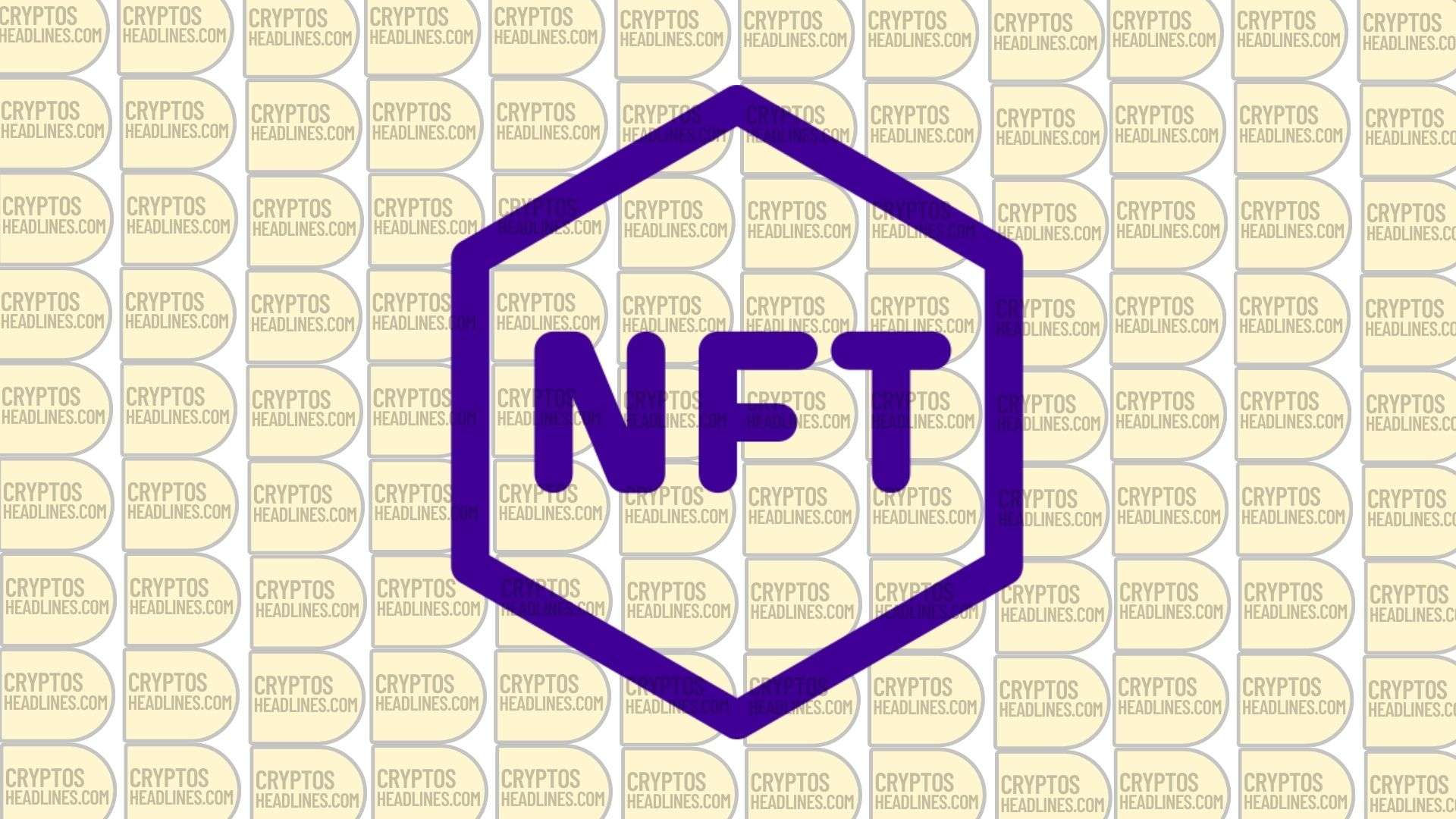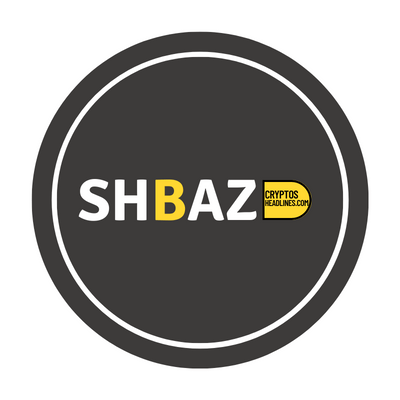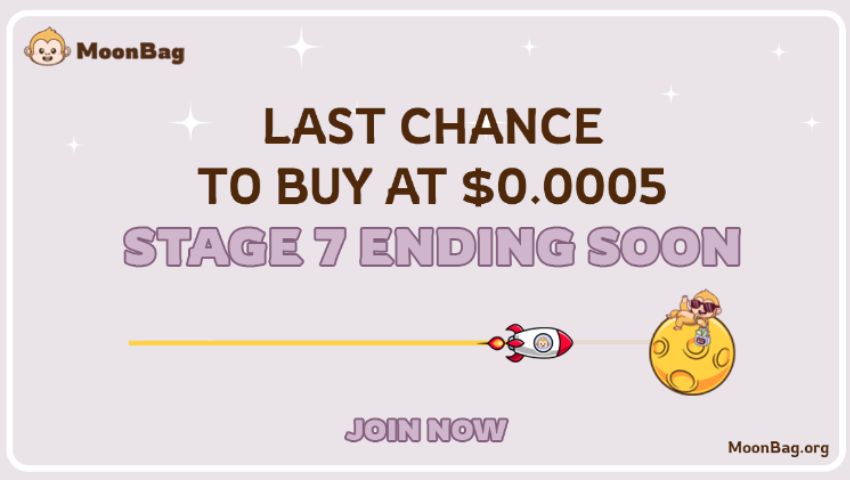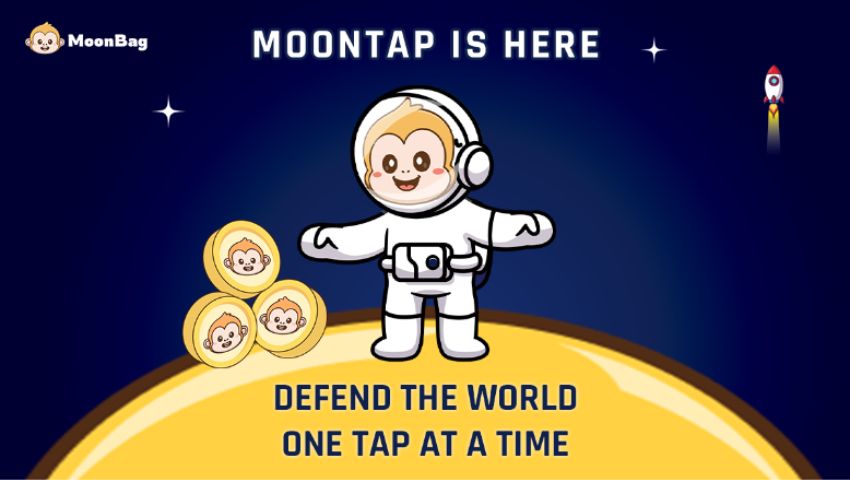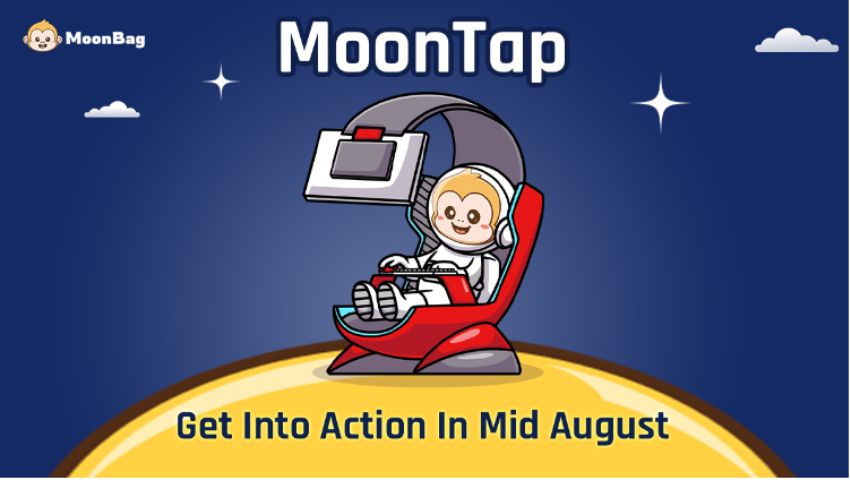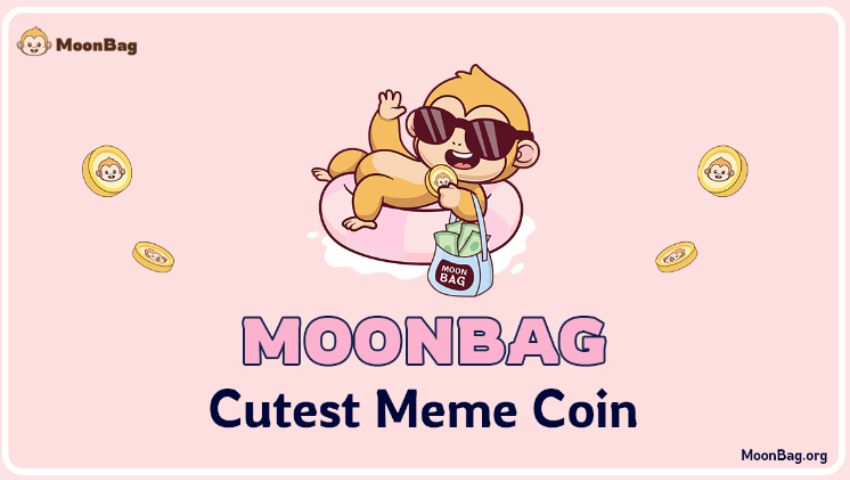Yuga Labs, the creators of Bored Ape Yacht Club (BAYC) NFTs, and LSLTTT Holdings, the makers of Pudgy Penguins, have decided to restrict the trading of certain NFTs. They are preventing these NFTs from being sold on well-known platforms like OpenSea and Blur.
Yuga Labs Rejects OpenSea and Blur
As per reports, a developer known as 0xCygaar on X emphasized that Yuga Labs is very serious about their decision. They clarified that certain collections, such as Mara, will exclusively be traded on marketplaces that enforce royalty payments. Notably, these marketplaces do not include OpenSea and Blur. Instead, you can find these collections on SudoSwap V2 and X2Y2 decentralized marketplaces.
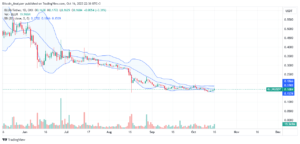
BLUR prices on October 16 | Source: BLURUSDT on OKX, TradingView
The Mara collection includes 10,000 NFTs featuring Maras, which are creatures that exist in the Otherside metaverse, another creation by Yuga Labs. These Maras have the unique ability to breed and evolve, but their primary role is to be companions to “Kodas,” who are guardians in the Otherside.
In the world of NFT trading, royalties serve as payments made to the creator, which is typically a percentage of the resale price. This means that artists, like Yuga Labs or LSLTTT Holdings, can earn a portion of the profits every time their artwork is resold.
When NFTs are initially created, the creator sets the royalty percentage, which can either be a portion of the resale price or a fixed amount per resale. Currently, the royalty rate is less than 5%, but it can be any percentage chosen by the creator. These royalties are automatically transferred to the creator through the NFT marketplace where the artwork is sold.
Royalties provide creators with a way to earn passive income from their NFTs, and purchasing an NFT with royalties directly supports the original creator.
Managing Royalty Charges and Engagement
Recently, OpenSea and Blur have decided to reduce the royalties they pay out due to a decline in NFT trading activity over the past few months. NFT trading volume experienced a significant slowdown in 2022, and it has remained relatively low. In an effort to stimulate more trading, both platforms aimed to cut fees.
According to Nansen, an analytics platform, the average royalty payment as of July 2023 dropped to 0.6%, a sharp decline from the 2.5% average in 2022. The decrease was largely influenced by Blur, which lowered creator fees to a minimum of 0.5%. Meanwhile, OpenSea altered its creator policy, requiring creators to implement an on-chain enforcement method to receive royalties.
On August 31, OpenSea retired the OpenSea Operator Filter, a tool that allowed creators to block marketplaces that didn’t enforce creator royalties. The platform made this decision after the tool didn’t receive enough “community support.” Now, OpenSea is opting for preferred fees instead.
Important: Please note that this article is only meant to provide information and should not be taken as legal, tax, investment, financial, or any other type of advice.
Join Cryptos Headlines Community
Follow Cryptos Headlines on Google News







